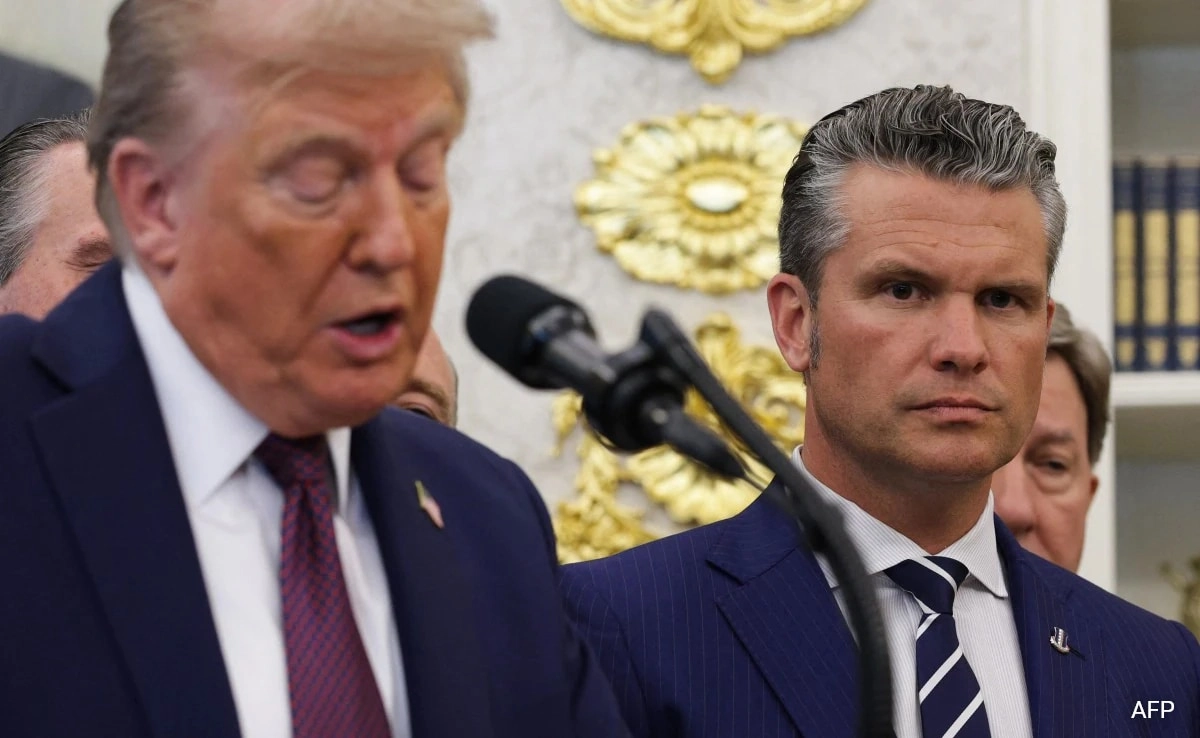In a bold move that has sparked considerable debate, former President Donald Trump has announced plans to rebrand the Pentagon, proposing to change its name to the “Department of War.” This strategic shift is not merely a matter of semantics; it reflects a broader vision for U.S. military engagement and national defense. Trump’s proposal aims to emphasize a more aggressive stance towards military operations and foreign policy, signaling a departure from what he perceives as a more cautious approach taken by previous administrations. By renaming the Pentagon, Trump seeks to instill a sense of urgency and purpose in U.S. military endeavors, aligning with his belief that America needs to project strength on the global stage.
The implications of this rebranding are multifaceted. On one hand, proponents argue that a name change could invigorate the military and foster a renewed sense of commitment to national defense. They believe that the term “Department of War” conveys a clear and unequivocal message about the United States’ readiness to engage in conflict when necessary, reinforcing the idea that military action is a legitimate and sometimes essential tool of foreign policy. This perspective resonates with a segment of the population that prioritizes national security and views military strength as a cornerstone of American exceptionalism.
Conversely, critics contend that the rebranding could have detrimental effects on international relations and global perceptions of the U.S. They argue that the term “war” carries connotations of aggression and conflict, which could alienate allies and escalate tensions with adversaries. This shift may also undermine diplomatic efforts, as it could suggest that the U.S. is more inclined to resort to military action rather than seeking peaceful solutions through negotiation and dialogue. In an era where many advocate for a more nuanced approach to international affairs, the proposed name change raises questions about the future direction of U.S. foreign policy and military strategy.
As the debate unfolds, it will be essential to consider the broader implications of such a rebranding on both domestic and international fronts. The potential shift in perspective regarding military engagement could reshape the American public’s understanding of defense and security. Additionally, it could influence the way future administrations approach military operations, potentially leading to a more confrontational stance in global affairs. Ultimately, Trump’s proposal to rename the Pentagon as the “Department of War” serves as a reflection of his administration’s priorities and philosophy regarding America’s role in the world, sparking discussions about the balance between military readiness and diplomatic engagement in an increasingly complex global landscape.




